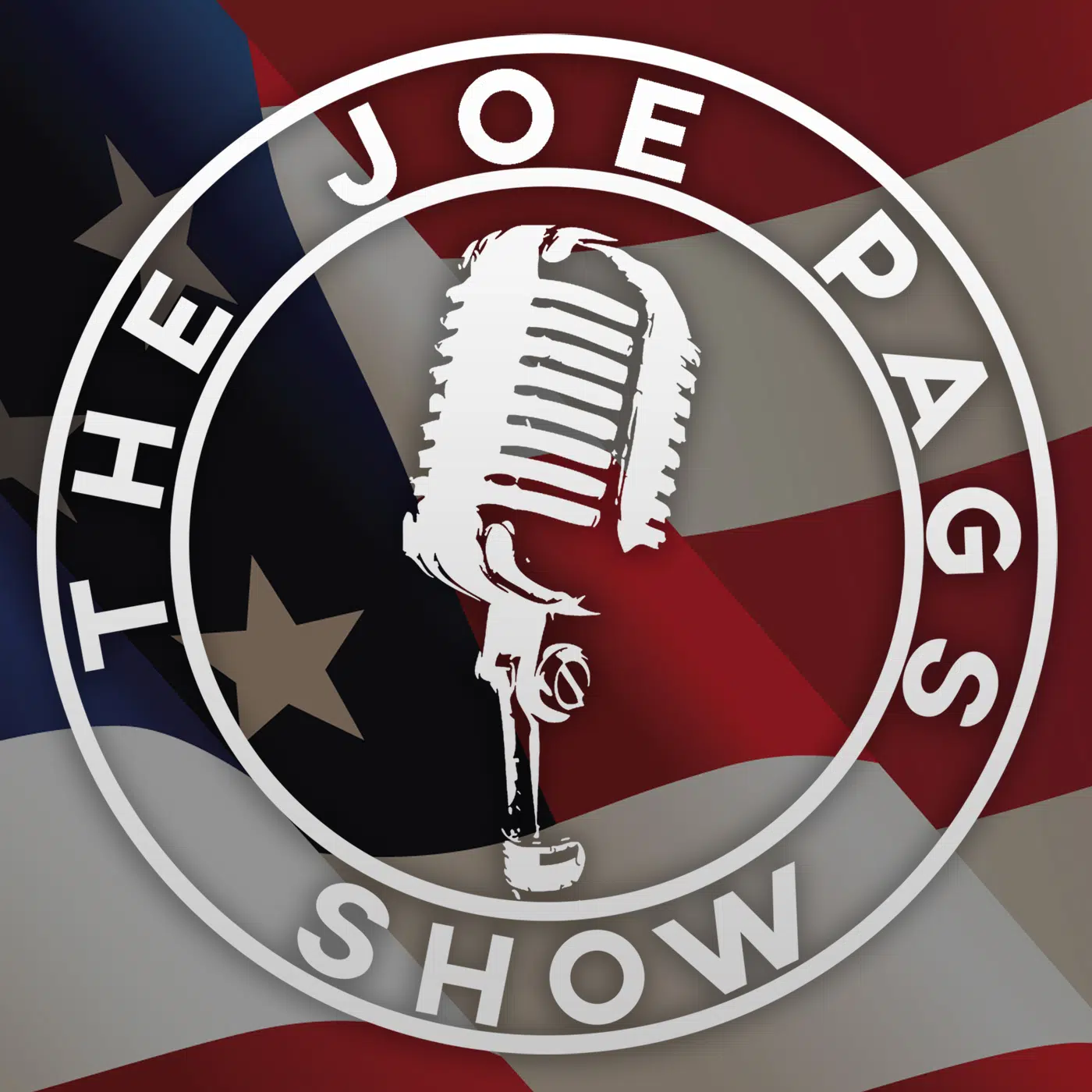By Beatrix Lockwood
(Reuters) – Protests over the police killings of George Floyd, Breonna Taylor, Tony McDade and other Black Americans have ignited a national conversation about the role of law enforcement in society. As part of our #AskReuters Twitter chat series, Reuters hosted a conversation with experts on race and policing in the United States.
Below are edited highlights.
We’ve seen uprisings against police brutality before. What about the response now feels different to you?
“This uprising is taking place in the context of a triple pandemic: COVID-19 and the devastation of Black communities, ongoing police violence and the biggest economic crisis of our generation, against a backdrop of rising white supremacy. These conditions demand bold action.” – Andrea Ritchie, author of “Invisible No More: Police Violence Against Black Women and Women of Color”
“Breadth and scope. Certainly, civil rights demonstrations were interracial in the past, as were more recent Black Lives Matter uprisings, but we are witnessing a growing diversity amongst the protesters, increased white support and varied locations of the protests.” – Carl Suddler, author of “Presumed Criminal: Black Youth and the Justice System in Postwar New York”
What are your thoughts on the calls to defund or abolish police?
“As cities defund their police departments, I would also like to make sure that those funds go to communities and to organizations and agencies that are actually engaged with the people and have representation from local communities.” – Dr. Andrea S. Boyles, author of “Race, Place and Suburban Policing”
“I think everyone would like to live in a world in which safety isn’t produced by people with guns. There are a lot people trying to figure out how to get there in a way that makes us safer than we are now.” – Alex Vitale, author of “The End of Policing”
“We could also stand to teach police a better way to relate to their guns – as life insurance rather than a coarse problem-solving tool that often produces terrible results for people in crisis.” – Brandon del Pozo, former Vermont Chief of Police and former New York Police Department officer
How much oversight should the public have over the police?
“The public should have all the oversight. We pay their salaries with tax money and they are supposed to maintain peace. This isn’t happening, particularly in predominantly Black, Latino and low-income neighborhoods. Civilian oversight boards must be stronger. To really hold police accountable, there needs to be community representation on the internal trial board, which serves as judge and jury for officer misconduct.” – Rashawn Ray, David M. Rubenstein fellow at the Brookings Institution
“Departments have fought against the release of data that show the prevalence of police misconduct and violence. For instance, in Chicago, there have been 247,150 allegations of misconduct but only 7% of them were actually verified. We know there is extensive police misconduct occurring but the public isn’t getting the answers that it needs.” – Nicole Gonzales Van Cleve, author of “Crook County: Racism and Injustice in America’s Largest Criminal Court”
How can police improve clearance rates to solve more serious crimes?
“When crime happens in Black communities, people know who did it. But if one’s experience with cops is they are just another gang, but with an official license to kill, there is no desire to cooperate with them. Cops make serious cases by talking to people, not by busting heads.” – Paul Butler, author of “Chokehold: Policing Black Men”
“What are serious crimes? Burglary? Gun violence? Police can’t do anything to improve this. If you want to end crime, provide proper healthcare, adequate and safe housing, employment, education opportunities, after school programs and other community-centered efforts.” – Da’Shaun Harrison, lead organizer with Solutions Not Punishment
(Reporting by Beatrix Lockwood, editing by Tiffany Wu)




